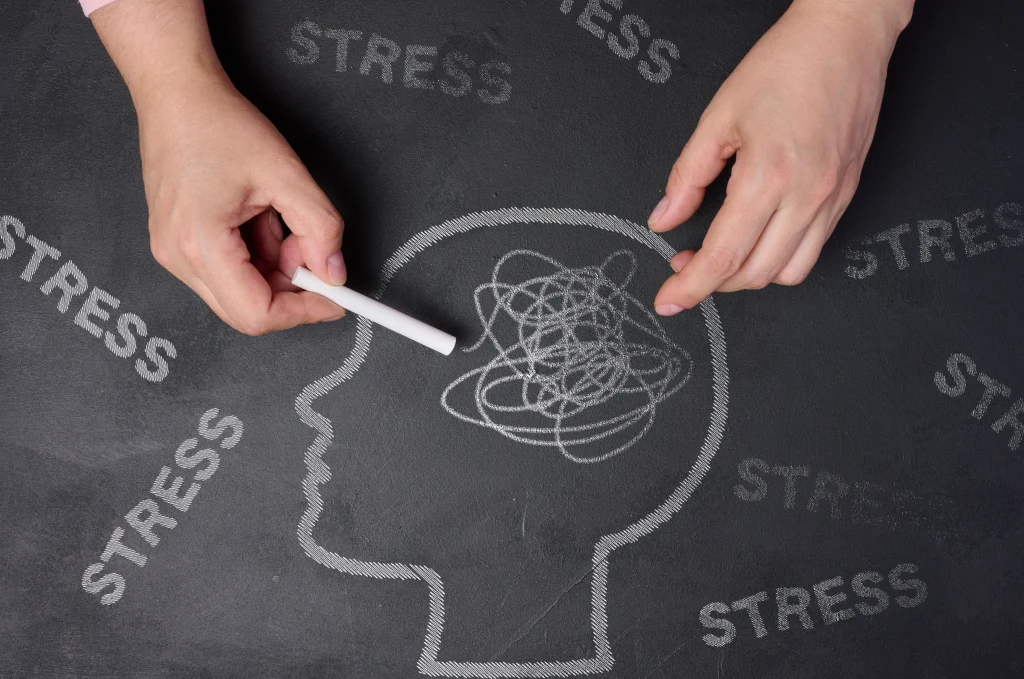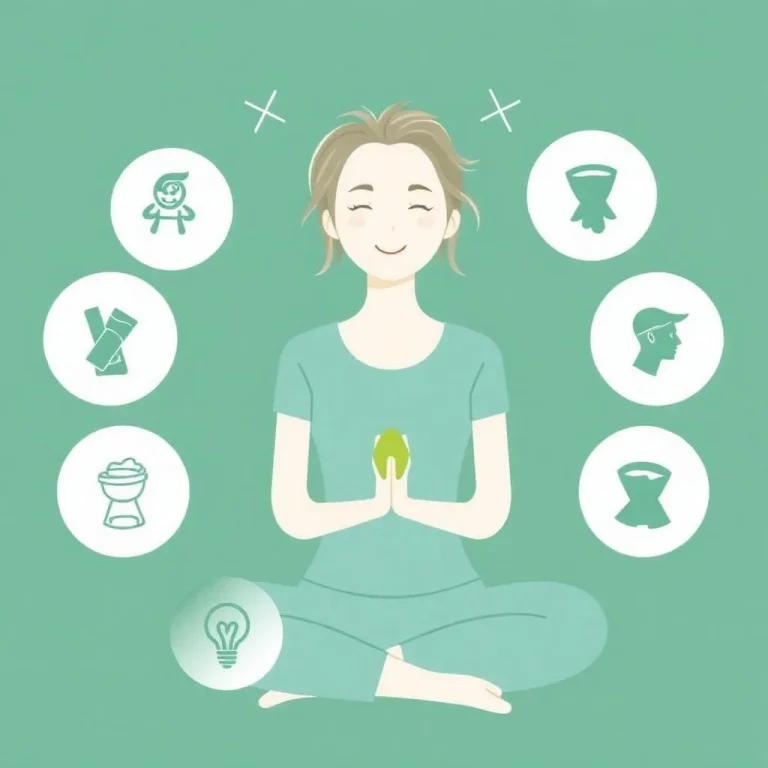Stress is an inseparable aspect of modern life and the uncontrolled stress can weigh heavily on the psychological and bodily well-being. It is necessary to learn how to cope with stress in order to receive balance, concentration, and well-being.
This guide will discuss five stress management strategies that are easy, evidence-based, and viable to apply in your life routine. These tips can be used to recover control and improve your mental health when you feel like a student, professional, or parent.
1. Practice Mindfulness and Meditation
Mindfulness is the ability to remain awake and mindful of thoughts, emotions and environment. Meditation is an established method of relaxing the mind and decreasing stress levels.
Ways to practice mindfulness:
- Begin by working on deep breathing exercises (5-10 minutes a day).
- Install meditation applications such as Headspace or Calm.
- Concentrate on a single task rather than on multitasking.
- Make brief mindful breaks during the day and focus.
Regular mindfulness practice strengthens emotional resilience, improves focus, and helps you respond to challenges more calmly.
2. Engage in Physical Activity
It is not only a fitness exercise, but is very powerful as a stress reliever. Exercise triggers endorphin secretion that helps in lifting mood and eliminates anxiety.
Effective stress-reducing exercises:
- Vigorous walking, jogging or running.
- Flexibility and relaxation through boot camp yoga and Pilates.
- Body building to enhance strength and self esteem.
- Social interaction in team sports or group classes.
Even 20–30 minutes of moderate exercise daily can have significant benefits for mental health and stress management.
3. Build a Healthy Daily Routine
Consistency and structure are key to maintaining mental well-being. A balanced routine reduces uncertainty, which is a major source of stress.
Elements of a healthy daily routine:
- Set a consistent sleep schedule to improve rest and cognitive function.
- Allocate time for work, relaxation, and hobbies.
- Include regular meals and hydration breaks.
- Plan short breaks during work to prevent burnout.
A routine creates predictability, allowing your mind and body to recover and stay energized throughout the day.
4. Connect with Others
Social support is crucial for emotional resilience. Sharing feelings with friends, family, or colleagues can provide perspective and reduce stress.
Ways to strengthen connections:
- Schedule regular meet-ups or virtual calls with loved ones.
- Join interest-based groups or online communities.
- Volunteer or participate in community activities.
Even brief daily interactions can boost mood and foster a sense of belonging, which is essential for mental health.
5. Develop Relaxation and Self-Care Practices
Self-care isn’t selfish, it’s a necessity for managing stress effectively. Incorporating relaxation techniques and personal hobbies helps your body and mind recharge.
Self-care strategies include:
- Journaling or reflective writing to process emotions.
- Reading, painting, or other creative activities.
- Listening to music or practicing guided imagery.
- Taking short walks in nature to unwind and reset.
Additional tips:
- Set boundaries to avoid overcommitting.
- Practice gratitude daily to shift focus from negative to positive experiences.
FAQs
1. How long does it take to see results from stress management techniques?Reduction of stress is different in terms of method and frequency. Such activities as mindfulness, exercise, or journaling can demonstrate the observable improvements in several weeks. In the case of more chronic stress, habitual long-term practice with professional assistance can be of great benefit to mental health and general resilience.
2. Can lifestyle changes alone reduce stress, or do I need therapy?The lifestyle modification, which comprises exercise, mindfulness, routine establishment, and social affiliation, works with many. Nevertheless, when stress is too much or chronic, professional treatment or counseling offers guidance, coping mechanisms and additional support to long-term mental wellness.
Final Thoughts
Stress coping is an art, not a solution in itself. By implementing these methods of stress management in your daily life, you are likely to increase your emotional strength, increase your intellectual sharpness and have a better life in general.
It is also important to keep in mind that even little daily habits, as little as five minutes of meditation, a quick walk, or even a call to a friend can make a difference in the long run. You will be in a better position to manage the challenges of life and make the lifestyle more balanced and healthy through creating positive and nurturing relationships with others and focusing on self-care and being active.



